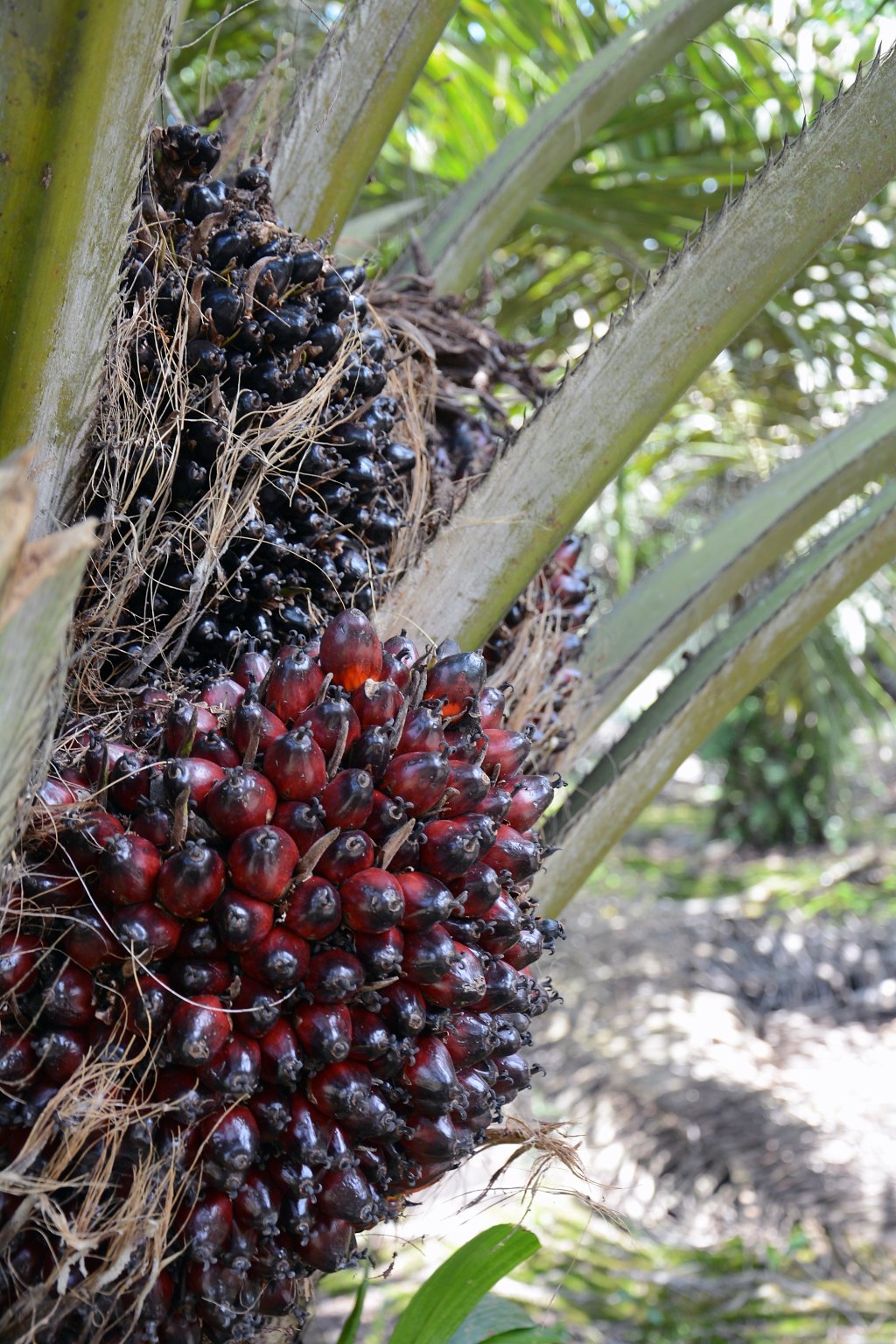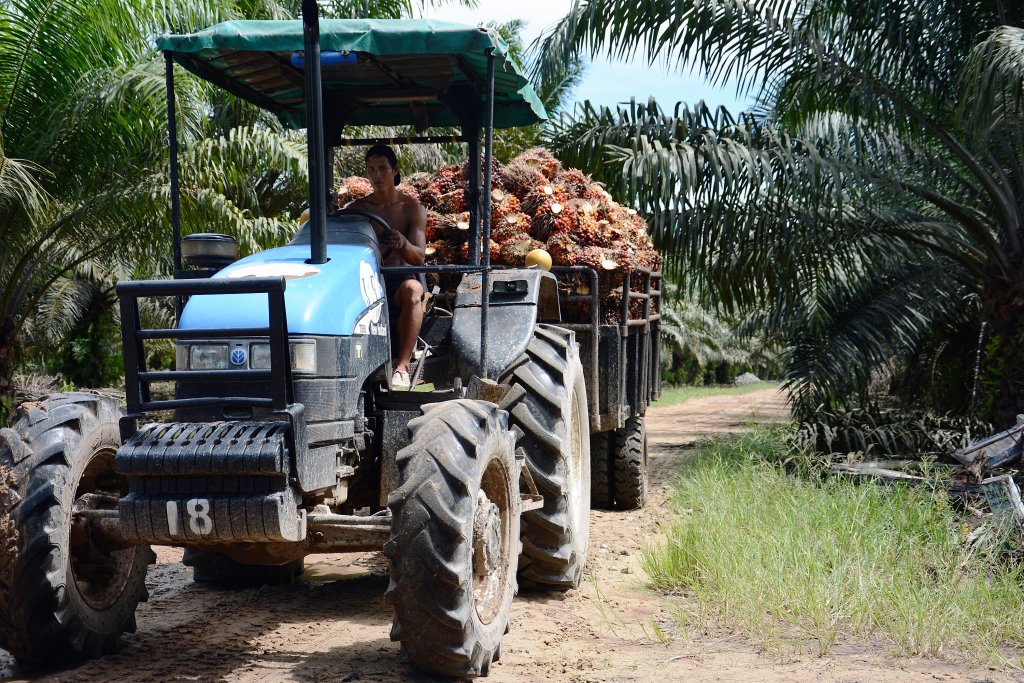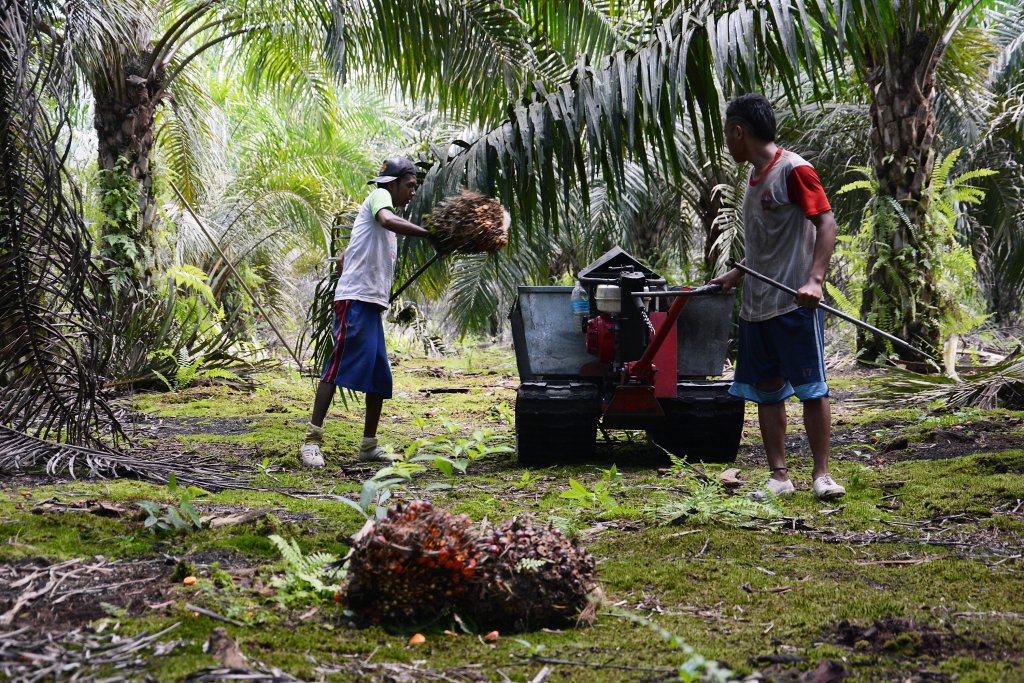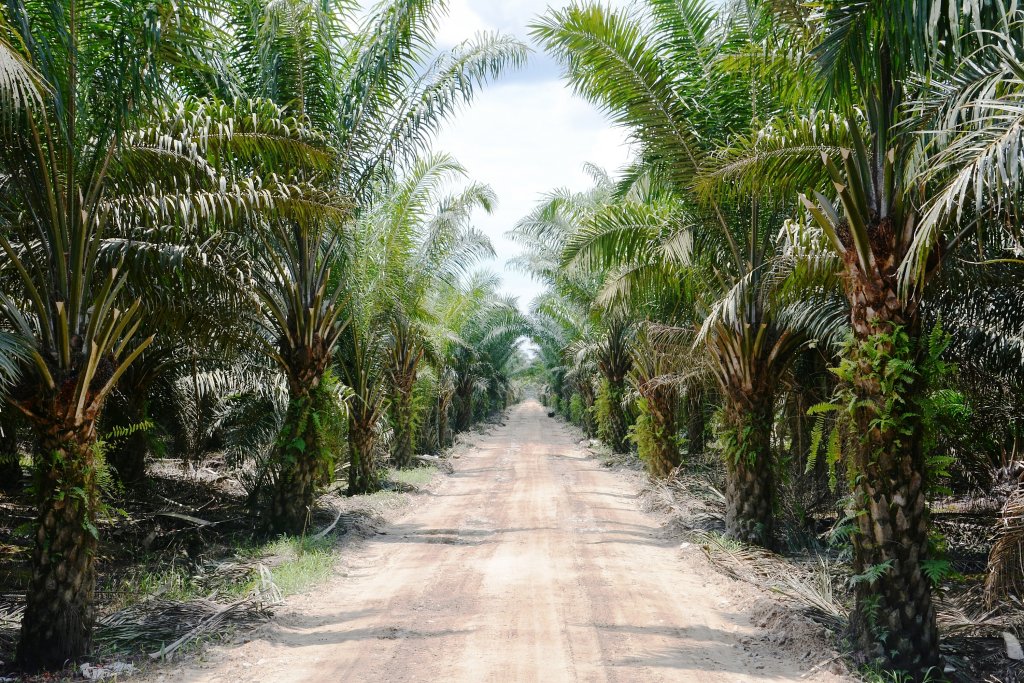The Jaya Tiasa Group remains committed to its vision of being Malaysia’s preferred producer of renewable and sustainable quality oil palm.
It is the policy of the Group to produce quality palm oil and timber related products to the satisfaction of our valued customers.
Our quality focus starts from every aspect of our best agricultural practices and milling activities right until our products are delivered to the satisfaction of our valued customers. We continue to invest in the latest technology and high-end machineries to ensure higher efficiency and to produce high quality products for our customers. In each of our mills, we have fully-equipped laboratory to monitor the quality of our finished products.
We remain committed to the vision of being Malaysia’s preferred producer of renewable and sustainable quality oil palm.
All of the Group’s plantations and mills have undergone the MSPO certification and are fully certified.
All plantations and mills are fully MSPO certified
Environmental protection measures and considerations are embedded in our manufacturing processes and day-to-day operations.

As our business is closely associated with natural resources, we recognize the importance of practicing responsible stewardship of the environment. To this end, environmental protection measures and considerations have long been embedded in our manufacturing processes and day-to-day operations:
Peatland Management and Fire Prevention
In view of the frailty and the and the importance of peatland when it comes to carbon storage and biodiversity maintenance, carbon water storage and regulation, the Group strictly prohibits the clearance and development of peatlands for new plantations regardless of depth.
To conserve and for better management of water and drainage in the peatland, a series of weirs and water gates were constructed across the collection drains to regulate the water level in the field and significantly reduce carbon emission.
Deforestation
The Group ensures that our agricultural operations comply with the following:-
• No planting on land with high biodiversity value;
• No planting on protected and forest reserve land;
• No new development on peatland regardless of depth; and
• No development in high carbon stock forest.
For the Financial Year ended 2021, the Group did not clear any land for new development.
Zero Burning Policy
The Group adheres to a strict zero burning policy and enforces it without exception.
Monitoring of Fire Outbreaks
During the dry seasons, employees in all our plantations are directed to vigilantly lookout for any fire breakouts in the surrounding vicinity. Employees are continuously trained (extensive mock fire drills are conducted regularly) on how to control and manage fires. We have set up weather stations throughout the plantations to gather microclimate information for regular fire safety risk assessment and ensure that adequate fire safety measures are put in place. Our continuous efforts have proven to be fruitful as there were no reported fire related incidents for four consecutive years.
Effluent Management
Palm Oil Mill Effluent (POME) is the waste water discharged from the processing of FFB. POME has high acidity, high biological oxygen demand (BOD) and high levels of organic matters which can pollute the waterways if left untreated. By using the aerobic and anaerobic ponding system, the treated water can be discharged safely into the environment. In 2021, 100% of the POME discharge from our mills was treated to meet local regulatory requirements (<20mg/L) prior to discharge. There is no incident where our POME discharge is over the limit and is harming the waterways.
Waste Management
The Group strictly observes the best practices in the handling and managing of waste at our sites. We take full precaution in disposing all waste products including domestic waste, agricultural waste, biomass or byproducts generated by our oil palm plantations or oil palm milling sectors.
Scheduled wastes generated from the operations and biohazard wastes are stored, labelled and disposed of by licensed contractors in adherence to the government regulations.


Greenhouse Gas Management
Our biggest source of emissions comes from POME. The discharged water produces methane gas which has 21 times more Global Warming Potential compared to other gases. To reduce methane gas emissions, the Group has a biogas plant constructed in each of the mills. These biogas plants help to trap the methane gas.
Energy Consumption
To be sustainable, our management is committed to energy conservation and the reduction of fossil fuel usage. We recycle oil palm and oil mill by-products such as press fiber and palm kernel shells for use as biomass fuel in the mills boiler.
Biodiversity Protection
Global discourse on palm oil and logging activities is often tied to heavy biodiversity loss as well as significant changes in land composition and ecosystems. To mitigate such discourse, we have the responsibility to uphold and practice sustainable business operation to prevent any undue risks on the environment for the benefit of the present and future generations.
We imposed a policy of “zero tolerance” towards killing, harming any of the endangered/protected species listed under the International Union for Conservation of
Nature (IUCN) and Protected Animals from Wild Life Protection Ordinance, 1998.
Pesticides, Chemical and Fertilizer Usage
In order to minimize the impact of our operations to the natural environment, it is essential to cut back on the reliance on fertilizers, pesticides and herbicides.
Hence, to control the population of pests, we use biological insecticides and pheromones in place of chemical pesticides as they have minimal effect on the environment, animals and humans, and is biodegradable.
Plants such as Cassia cobanesis, Turnerasubulata and Antigononleptopus are planted to provide both shelter and supplementary food such as nectar to Sycanus, a type of insect that hunts the leaf-eating caterpillars and bagworms.
Surveillance and monitoring of pest outbreak is key to minimize the environmental and financial impact from excessive use of pesticides. Pesticides are used only when and deemed necessary against damaging outbreak.

Soil Enrichment and Fertilizer Reduction
By recycling plant biomass, the zero burning technique improves soil organic matter, moisture retention and soil fertility. This reduces the overall requirement for inorganic fertilizers and decreases the risk of water pollution through leaching or surface washing of nutrients.